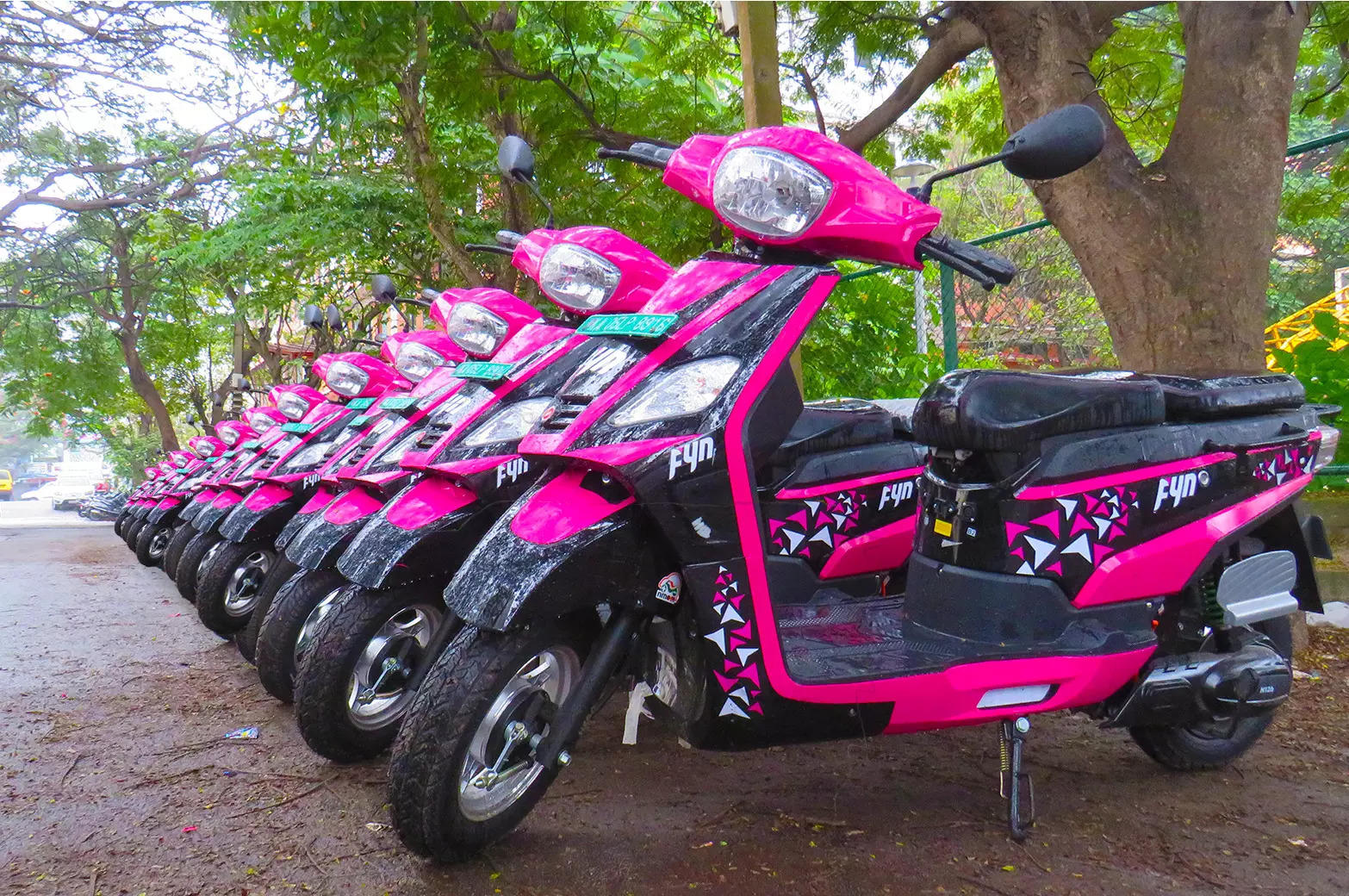
By Yash Jhunjhunwala
The excerpts.
Q: At what rate is the Indian e-mobility industry going to grow and how are you planning to overcome the setbacks such as supply chain issues to keep the cash flow flowing?
The industry is projected to grow at a CAGR of 90% and is expected to touch USD 150 billion by 2030. The Indian e-mobility industry is poised for significant growth, which is also driven by the government initiatives and increasing demand by businesses going green.
Collaboration and partnerships is the essential key to address supply chain issues. By forging strong alliances and leveraging technology-driven solutions, companies can streamline procurement, optimize inventory, and improve forecasting accuracy. Localization of manufacturing and component sourcing also offer a solution to supply chain challenges, reducing dependencies on the global networks. Moreover, our focus is on operational and cost efficiency by adopting lean manufacturing principles, enabling fast charging EV fleets, cross utilization of our EVs and building a robust technology platform that helps connect all these stakeholders involved in the EV ecosystem. This will allow them to make insightful business decisions based on the data collected, further cutting down on operational expenses. For sustained cash flow, we are diversifying revenue streams through partnerships and building our own charging and parking infrastructure and offering value-added services, collaborations with financial institutions for innovative financing solutions and cost optimization measures further support the financial stability. By proactively navigating setbacks, including supply chain challenges, we aim to create a resilient ecosystem that contributes to a cleaner and greener future for India’s EV logistics sector.
Q. Are you planning to add new vehicles to your portfolio? How much investment has the company earmarked for the next five years and where will it be directed to (Product or R&D or Marketing) ?
Given our EV manufacturing background, we are always on the lookout for the best-in-class EV for logistics. Our R&D team has built a first of its kind smart logistics electric 2-wheeler that checks all the boxes for the kind of requirements we deal with. We would expand our revenues through the deployment of these EVs and also by setting up our own EV charging and parking facilities.
We are always experimenting and adding new vehicles (designed in- house by our R&D team or procured via partnerships with OEMs) that can add value to the business and our clients. We specialize in understanding EVs owing to our EV manufacturing background. This enables us to thoroughly test all the EVs we intend to use in our fleets before we deploy them to our clients.
The next five years are very critical for any startup in the EV sector as these are the formative years that will decide the path of the EV ecosystem. This would mean we will direct investments towards building a robust EV ecosystem platform, conduct intensive Research & Development in the manufacturing and testing of smart EVs for logistics, innovations in battery efficiency and chemistries, setting up universal charging and parking infrastructure.
We will also be directing our investments to scale our fleets and business to new geographies, vertical integration and expansion of our business.
Q: Could you share with us the percentage of the demand for services in the cities you are currently operating. Which city holds the most percentage of a service and what is the trend of the demand in the same category?
We now operate in Bengaluru, Chennai and Hyderabad. Bengaluru has the highest demand, closely followed by Chennai, as we continue to scale with our existing clientele with pan India presence.
Government mandates such as FAME 1 & 2 along with the targets for green mobility in India have pushed businesses to move from IC engine delivery vehicles to EVs, for their last-mile logistics and deliveries. This shift has caused a surge in the demand for EV-as-a-service in the last mile logistics sector. Having been in the EV industry for the past 10 years with 2 years in the EV-as-a-service space, we are primed to fulfill the rise in the incoming demand by our existing clients while scaling our operations with them.
Q: You operate as a B2B business and the faster adoption of EV in the fleet-led businesses has helped the growth. But even on the B2C side, there is a big market. Do you think that your platform- led offering/approach can explore the B2C market? Is that something in your future plans?
Since the B2B space is the prime driver for our growth currently, the company’s major focus will be on enhancing our presence and increasing the size of our footprint till we are firmly established and recognized as the best Last Mile Logistics service provider in the country. At the same time, we understand the immense potential of the B2C space and have plans to capture that market when the time is right and when our products are more aligned to handle the demands of the independent ownership market.
















